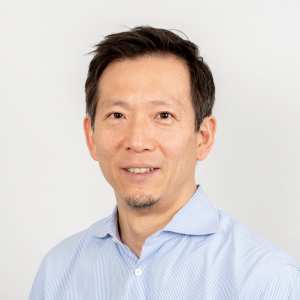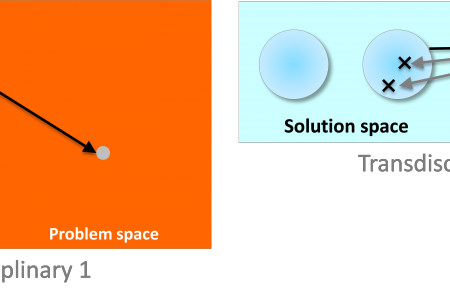Tomohiko Sakao


Kursen syftar till att lära deltagaren att se samspelet mellan olika områden relevanta för Cirkulär ekonomi - affärsmodell, statlig politik, produkt / tjänstdesign, användarbeteende och hantering av leveranskedjan. Kursen kommer också att stödja deltagaren i att genomföra och reflektera över sin egen forskning med en tvärvetenskaplig strategi.
Kursen ges på engelska.
Course content
This intensive course gives opportunities to discuss and reflect upon different disciplines relevant to Circular Economy research with peer PhD students working in different countries, and to discuss with leading researchers and experts in Circular Economy.
It will consist mainly of group works (in about 2-3 members according to the applicant’s research experience). All in all, this course will be unique in its focus and interactions with peer PhD students and internationally leading researchers. There will be three groups works and homework (to be prepared before course start).
Eligibility
A Master’s degree in production engineering or equivalent. Knowledge on Circular Economy is required. Experience of research related to Circular Economy at least in one area as a PhD student for a period of more than one year is required. Scientific papers published and submitted (e.g. a journal or conference paper) by a course applicant will be evaluated for course admission.
Aim
The course aims at facilitating the participant to learn the interplays between different areas relevant to Circular Economy and thereby to broaden the view enabling to recognize larger parts relevant to the challenge in real life. The areas are 1) business model, 2) governmental policy, and 3) product/service design and production (incl. remanufacturing): if a participant’s area is user behaviour or supply chain management, it can be added. The course also aims at supporting the participant to carry out or reflect upon his/her research with a transdisciplinary approach (see the Figure above taken from one of the must literature below).
Course organisation
Two full days (three days in calendar) course based on Group discussions and homework (before course start). The course will be held physically, if the corona-related circumstance allows – on the distance mode if not.